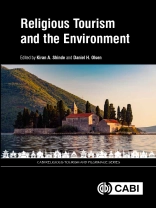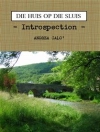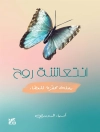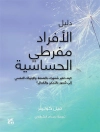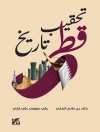The remarkable growth in religious tourism across the world has generated considerable interest in the impacts of this type of tourism. Focusing here on environmental issues, this book moves beyond the documentation of environmental impacts to examine in greater depth the intersections between religious tourism and the environment. Beginning with an in-depth introduction that highlights the intersections between religion, tourism, and the environment, the book then focuses on the environment as a resource or generator for religious tourism and as a recipient of the impacts of religious tourism. Chapters included discuss such important areas as theological views, environmental responsibility, and host perspectives.
Covering as many cultural and environmental regions as possible, this book provides:
-An in-depth yet holistic view of the relationships between religious tourism and the environment;
-A conceptual framework that goes beyond listing potential environment impacts;
-A strong focus on explaining the universality of the deeper environmental issues surrounding sacredness and sacred places;
-A discussion of the role of disease and health-related issues at mass religious gatherings.
From a global writing team and featuring case studies spanning Europe and Asia, this book will be of great interest to researchers and students of tourism and religious studies, as well as those studying environmental issues.
เกี่ยวกับผู้แต่ง
Dr Kiran Shinde teaches in the Planning program at La Trobe University, Australia. He does
research in the field of religious tourism, and has published about 50 research articles relating to
cultural heritage, religious tourism, policy analysis, and destination planning and management.
His papers have appeared in high-ranking journals, including Urban Studies, Current Issues in
Tourism, International Journal of Tourism Research, Geo Forum, and Space and Culture. He has also
contributed chapters in books published Elsevier, Routledge, SUNY Press, and CABI. He has
presented research papers at conferences in Canada, Turkey, Australia, Portugal, Singapore, the
UK, and the USA. He was invited by the UNWTO to contribute to the Bethlehem Charter on Religious
Tourism. He is also on the editorial board of the International Journal of Religious Tourism and
Pilgrimage. Recently, he completed a UNWTO report on Buddhist tourism in Asia. He holds a Ph D
from Monash University, Australia, an MSc from the Asian Institute of Technology, Thailand),
and an M.Tech from CEPT University, India
